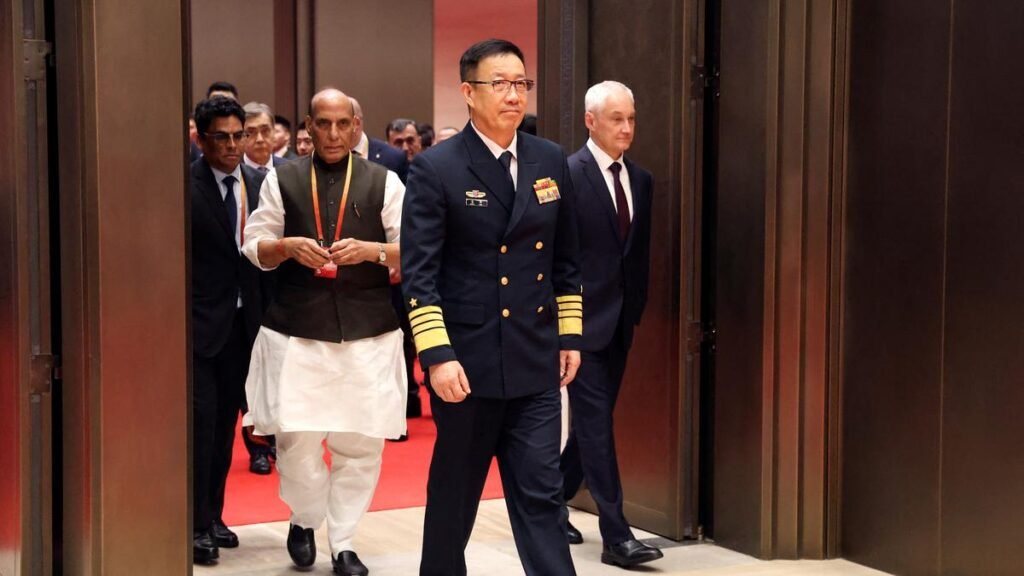The tension arose during the summit when India objected to the wording of the joint statement regarding the issue of terrorism. Despite efforts to reach a consensus, India stood firm in its stance, leading to the bloc’s decision not to issue a joint statement.
In a press conference following the meeting, Defence Minister Rajnath Singh explained India’s position, stating that the wording of the joint statement did not accurately reflect the severity of the terrorism threat facing the region. He emphasized the need for a strong and unified stance against terrorism, and expressed disappointment that the statement did not adequately address this crucial issue.
The decision not to sign the joint statement marks a rare move by India within the SCO, a regional organization comprising eight member states including China, Russia, and Pakistan. The bloc typically presents a united front on issues of regional security and cooperation, making India’s refusal to sign the joint statement a notable development.
The disagreement at the summit comes at a time of heightened tensions in the region, with ongoing security challenges and political dynamics impacting the relationship between member states. The issue of terrorism remains a top priority for many countries in the region, and India’s refusal to sign the joint statement underscores the importance of addressing this issue through meaningful and unified action.
As the situation continues to evolve, the implications of India’s decision not to sign the joint statement at the SCO summit are yet to be fully understood. However, it highlights the complexities and challenges facing regional cooperation and security efforts in the context of the SCO and beyond.

